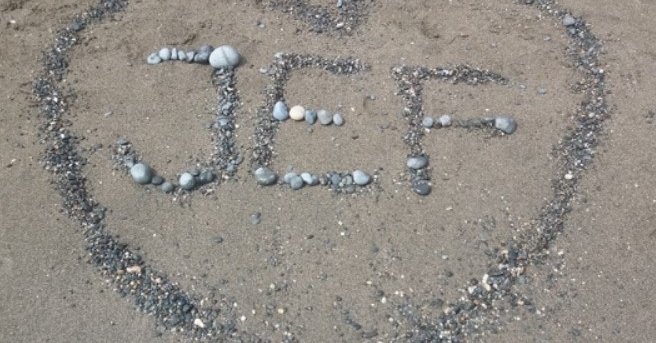A history of Ventotene
The island has quite a history, dating back to ancient times when it was used as a prison for noble women who committed crimes such as adultery. Ventotene has been populated by monks, abandoned, used as a pirate hideout, and again as a prison by the kings of Naples, then colonised by farmers and again used as a prison during the Second World War.
The events left marks over the island, from the Roman ruins of the cistern used to collect water, to the paintings of the prisoners. Yet, what Ventotene is best known for is for being the place where The Ventotene Manifesto, officially entitled “For a Free and United Europe”, was written. A Draft Manifesto was written by Altiero Spinelli and Ernesto Rossi while they were being imprisoned by the fascist regime during WW2. Thus, Ventotene has a strong connection to European federalism.
The island itself could be considered a paradise, as the participants referred to it during the whole week. From the clear blue sea to the colorful houses and cobbled streets, the island is a picture perfect location of Southern Europe.
The seminar
There are two seminars held simultaneously on the island: the national one, which brings approximately 100 Italian youths with the purpose to teach and broaden their horizons about federalism, and the international one, with about 50 participants from Europe and the world, discussing global issues and how federalism ties into them.
The International Seminar is at its 35th edition and held as a collaboration between JEF (Young European Federalists), UEF (Union of European Federalists) and WFM (World Federalist Movement).
The topics discussed during the week varied from an introduction to the concept of European federalism to discussions about security, monetary union, international cooperation and the reform of international institutions. Of this broad range of topics, in some cases, previous knowledge was necessary, while in others you could just start from scratch.
The morning sessions included a panel with speakers, followed by working groups of around ten participants and ended with a Q&A with the speakers. The afternoon session was built on the same concept, minus the working groups. Among the speakers, we had Paolo Vacca, Secretary General of UEF giving an introduction to federalism, Wolfgang Renzsch from the Magdeburg University talking about nationalism and federalism, Yasmina Gourchane from WFM presenting the roles and limitations of the International Criminal Court and JEF’s president Christopher Glück with perspectives on the European elections in 2019.
I enjoyed the working groups the most. Every participant brought something to the discussion and thanks to the presence of WFM members, we didn’t have only a European perspective, but also worldwide perspectives, which brought new elements to the debate. Each one of us got something out of this seminar, but two ideas stuck with me the most. First is that the progressives need to take back the hold on the narrative from the nationalists.
When it comes to the public discourse, lately it has always been nationalists who set the topic and the tone of public debate and we need to change that. The second one is that we should keep on showcasing the bright side of things in turbulent times. There has been quite an intense debate about whether we should try to use the method of inducing fear and making people afraid of consequences, for example when it comes to voting for nationalist parties. However, from past experiences we had seen the method failed and we should focus on the positive.
I would also like to add that another thing which made this seminar such a wonderful experience was the people. Not only for their perspectives and insights during the official programme, but also for their wonderful personalities, their friendliness, and openness. The free time activities, the dinners and the trips to the beach in the picturesque landscape of Ventotene were made complete by the friends we made along the way. The International Evening offered us the chance to showcase bits and pieces of our culture such as food, drinks, clothes, and dances while also learning about the others.
In the end, I can only recommend my fellow federalists to apply for the Ventotene Seminar next year. It is a fulfilling experience not only from an intellectual point of view, but also from an emotional one. And after all, we don’t call Ventotene “paradise island” for nothing.


Follow the comments: |
|
